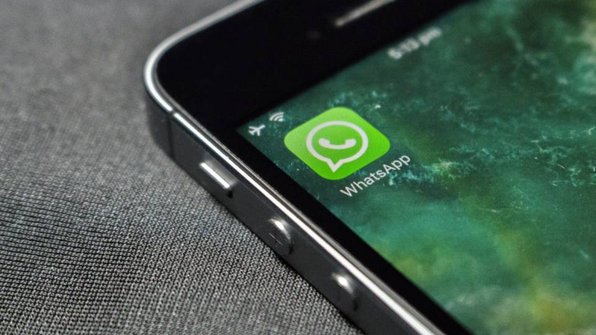Ultimate guide to recording calls on your mobile

In a world where information is power, recording calls has become a common practice, both in personal and professional realms. But how can this be done easily and, more importantly, legally? Join us in this comprehensive guide to find out.
Basic aspects of call recording
Before hitting the record button, it's crucial to understand the legal aspects surrounding this action. The legality of recording a phone call varies according to the legislation of each country, and in many cases, requires the consent of both parties before proceeding.
Frequently Asked Questions:
- Is it legal to record a customer during a call?
- How can I legally obtain consent to record?
- Are there apps that allow me to record calls legally?
These are questions that should have a clear answer before starting.
Steps to legally record a call
- Inform and Obtain Consent: Ensure you inform the other party that the conversation will be recorded and obtain their consent. This can be as simple as a sentence at the start of the call.
- Use Reliable Tools: Choose applications or services that comply with data protection and privacy regulations.
- Keep Recordings Secure: Store the recordings in a secure location and ensure that only authorized persons have access to them.
Practical Examples
In the business context: You could say something like, "This call will be recorded to ensure the quality of our service." In an interview: "Would you mind if I record our conversation to ensure I don’t miss any of your valuable feedback?"
Smartphone recording options
Most modern mobile phones have built-in options for call recording or allow the installation of third-party apps that facilitate the process. However, not all these applications guarantee legal compliance. It is crucial to select one that respects recording laws and data protection.
Rinkel: your ally in call recording
At the end of the spectrum, we find solutions like Rinkel, which offer an in-built call recording option tailored to legal requirements. With Rinkel, you can not only easily record calls but also ensure you are fully compliant with regulations, providing peace of mind and security for both you and your clients.
Conclusion: recording calls with confidence and legality
Recording calls on your mobile doesn't have to be a challenge. By following this guide and with the support of services like Rinkel, you can take advantage of this functionality with confidence and legality, ensuring that your communications are not only efficient but also comply with legal and ethical standards. With Rinkel's recording option, you'll take a step forward in managing your business conversations, always with maximum security and respect for the privacy of each interlocutor.





